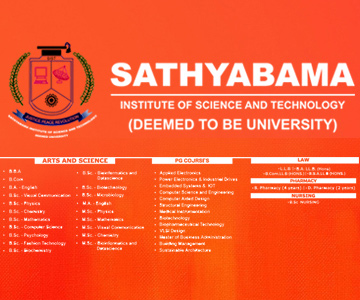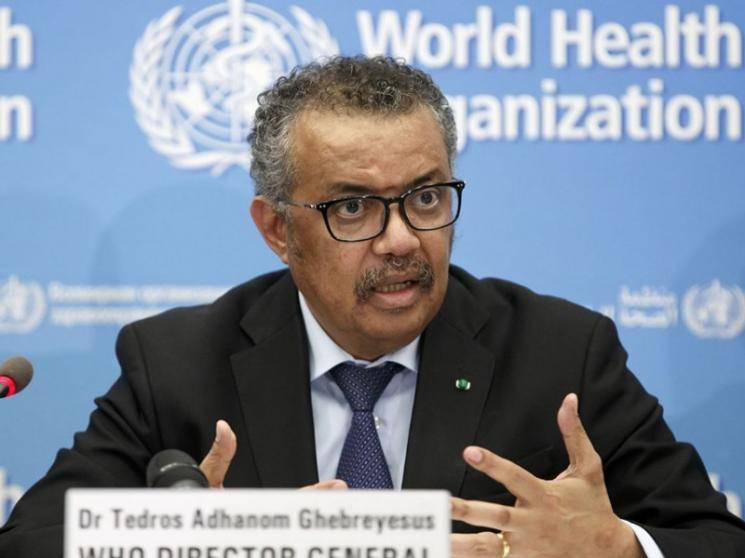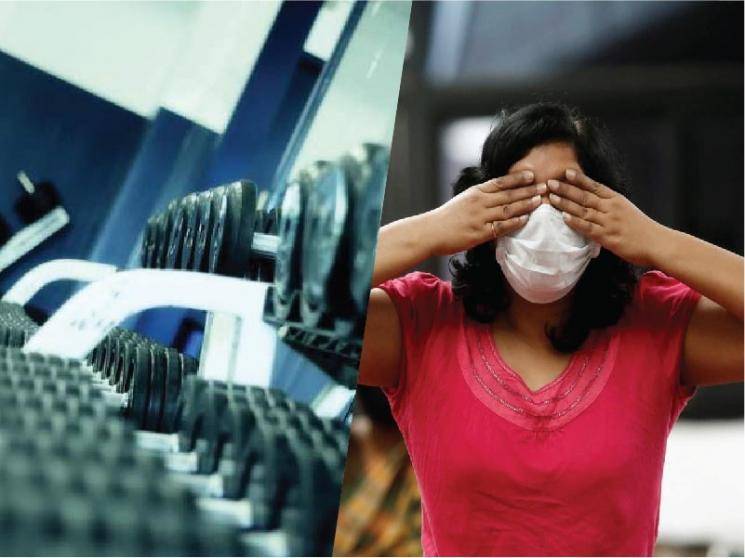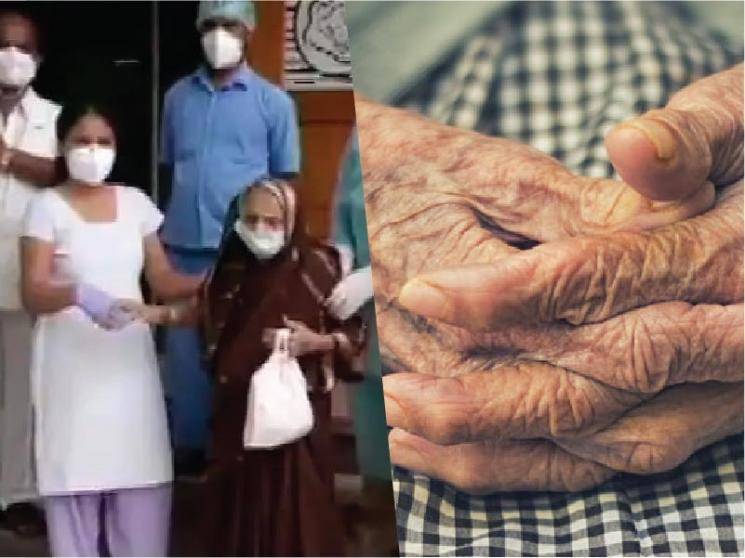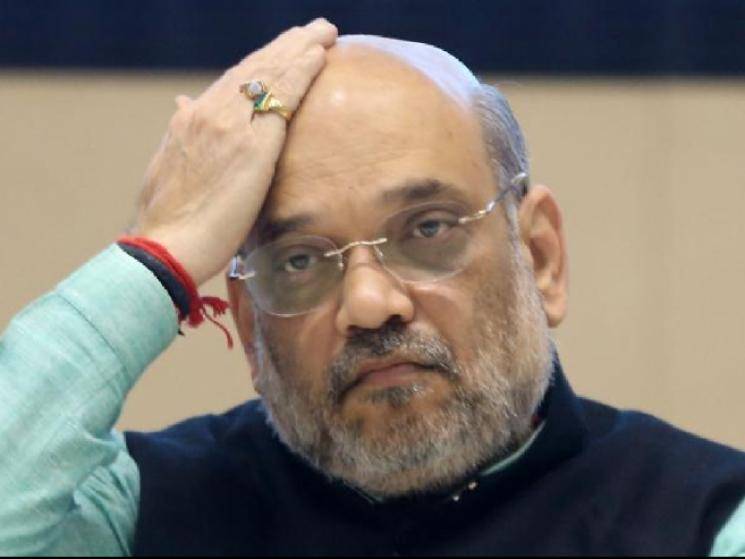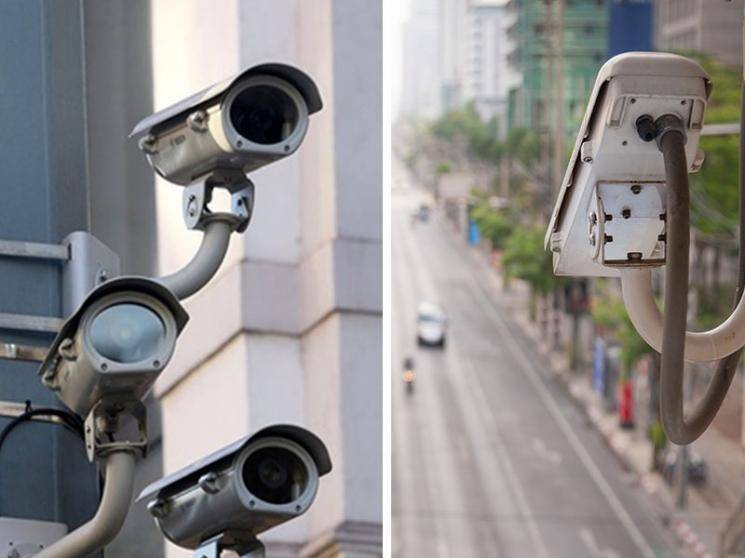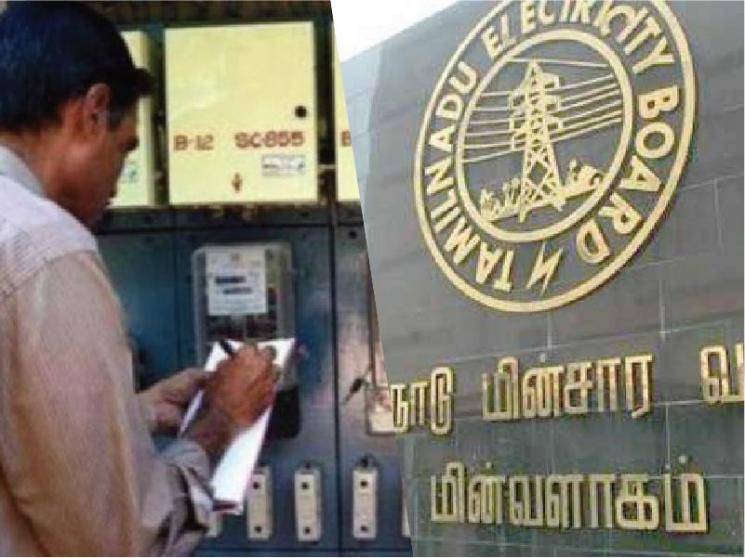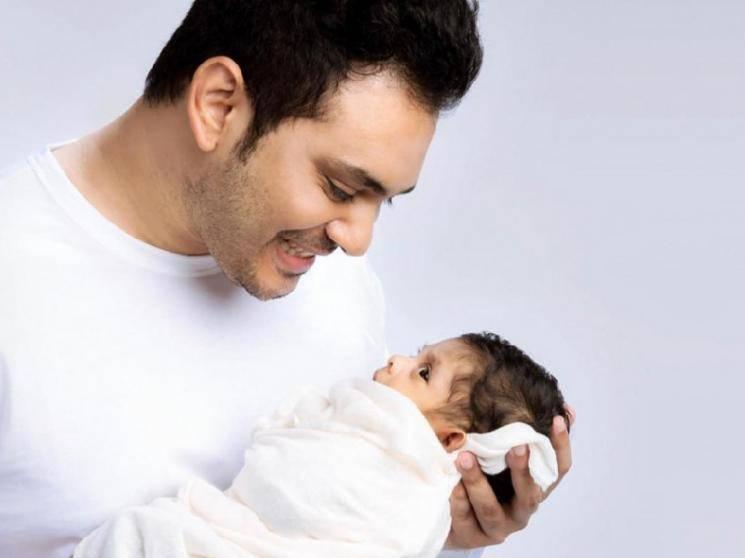"Difficult to predict whether or not India will see a second wave of COVID-19 infections": ICMR
By Vivek Raj | Galatta | Aug 04, 2020, 01:26 pm
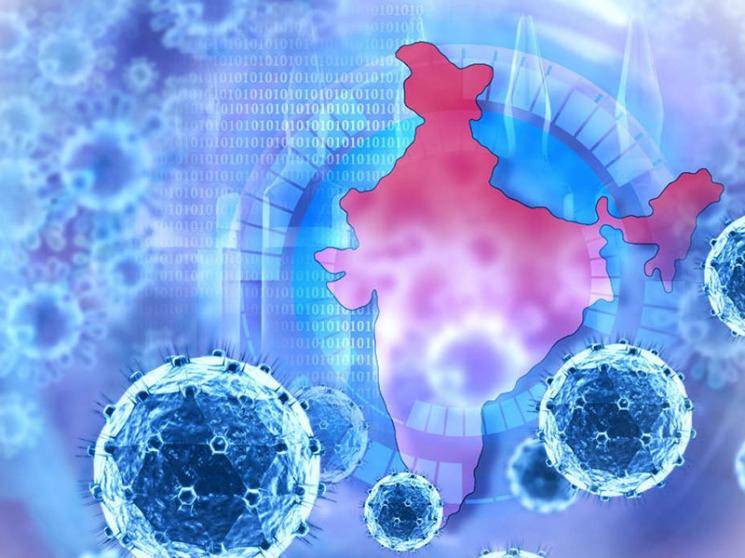
Indian Council of Medical Research (ICMR) Director-General Dr Balram Bhargava said that predicting whether or not there will be a second wave of coronavirus infections in India is difficult at present, while adding that there will be smaller peaks at separate intervals owing to the vastness of the country.
Speaking to news agency ANI, Dr Bhargava also said that the COVID-19 situation has seen a rapid evolution since its outbreak as there have been massive variations in its spread and the mortality rates in various geographies and demographics around the world.
He stated, "SARS-CoV-2 is a novel virus. There is still a lot we don't know about it. We have also seen immense variations in the spread of infection and mortality rates in different geographies and across different demographics around the world. So, it is difficult to predict whether or not India will see a second wave of infections. There is also a wide variation in disease distribution in specific states - so one size cannot fit all,".
ICMR's chief further said that the challenge of overcoming the coronavirus pandemic can be done with the active participation of all citizens apart from the scientific inputs being produced. "Due to the varied geography of our nation, there would be smaller peaks at different times. The situation is rapidly evolving, and we will continue to monitor it. However, it is pertinent that people follow preventive measures like social distancing, use of masks and hand hygiene. The right intervention approach, the scientific input and full participation of all citizens and communities is essential to overcome the COVID-19 challenge", he urged.
An important figure in the medical scientific community, Dr Bhargava said the ICMR has been keeping a close watch in regard to the COVID-19 crisis around the country since January 2020, while adding that the lab in the country’s National Institute of Virology is also one among the first few around the planet to isolate the virus completely. This has enabled them to learn more about the characteristics of the virus and lay a preliminary foundation in the search for a potential cure.
Dr Bhargava spoke about tackling the potential threat of the virus in future saying the ICMR had created a platform prior to the COVID-19 outbreak along with 10 other South-East Asian nations to oversee the research on new diseases that were surfacing. He said, "We have been at the forefront of tackling diseases like Nipah, Zika and other emerging infections,". He further went on to state that the fundamental method to combating any public health crisis lies in the "three Ds - Data, Development and Delivery".
He elaborated saying, "Data is important to make evidence-based decisions for interventions and in policymaking. Development of innovative tools that can drive innovation in the public health space is also critical. For instance, the indigenously developed, rapid and highly accurate ELISA test is helping the country to detect the extent of coronavirus spread in the country. Finally, delivery needs to be strengthened to ensure that these interventions reach the beneficiary,".
In regard to the testing being ramped up continuously by the ICMR since the outbreak of the virus, Dr Bhargava said "We started with less than 100 tests per day near the beginning of the pandemic and today we have the capacity of testing over 5 lakh samples a day with labs set up even at 18,000 feet in Ladakh. ICMR has crossed the milestone of 2,02,02,858 tests and we are now the country with 4th highest number of tests conducted globally,".
Furthermore, the ICMR is pushing forward for testing to be increased and has written to private and government medical colleges of their support in the form of assuring them with adequate infrastructure and training for testing. Three new state-of-the-art testing facilities had been set up by the ICMR recently at Noida, Mumbai and Kolkata, which will increase the testing capacity, while also bringing down the risk of exposure for lab technicians and allow a decrease in the turn-around time. "Over time, once the pandemic is controlled, these facilities can also be used for the testing of other diseases such as tuberculosis, Hepatitis B and C, HIV etc," Dr Bhargava said.

.jpg)



